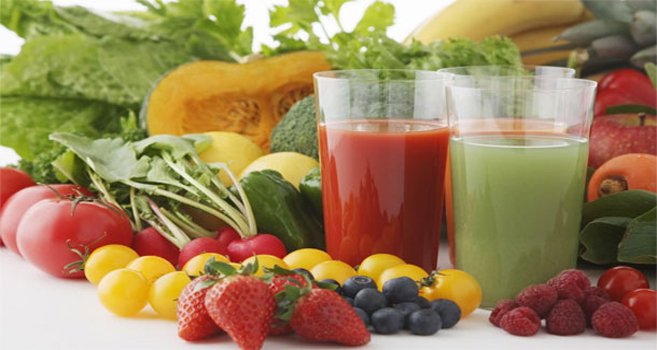We are what we eat!
The modern food industry has changed the way we think of food.
There are only two categories of foods: whole foods and processed foods. A healthy balanced diet should be primarily whole foods with restricted consumption of processed foods. There are numerous ways to differentiate between these two.
Whole Foods are taken directly from their source, be it plant or animal, and contain all of their original nutrients. Whole foods include fresh fruit and vegetables, whole grains, whole meat parts, and whole milk.
Processed Foods have been stripped of many of their natural nutrients in order to be used in other products. Many processed foods contain additional artificial ingredients and preservatives as well as excessive amounts of sodium and sugar. Processed foods include white flour, hot dogs, and most packaged snack foods.
Processed food represents one of the most significant social changes to occur during the Industrial Revolution. Women were rightly cautious when these products first hit the market, since the only meals they had ever served their families consisted of fresh, wholesome, natural ingredients.
Their scepticism toward nutritional value quickly waned, however, once they realized how convenient ready-made food really was. It wasn’t long before processed edibles represented one-third of all American-produced packages goods.
Four Basic Nutrients
The four essential basic nutrients are water, carbohydrates, fat, and protein. These four are the foundation of a healthy diet.
In any case, all food is composed of various combinations of nutrients.
1/ Carbohydrates supplying energy are found mostly in plant foods such as fruits, vegetables, peas, and beans. They are converted into glucose providing energy for the body’s cells, the brain, and red blood cells, or stored for future use in the liver, or in body fat.
Sixty percent of daily calories should come from mainly complex carbohydrates to provide the minimum recommended daily requirement of fiber.
2/ Fats are the most concentrated source of body energy. Recently, too much negative attention has been focused upon fats.
Fats are not an enemy and are needed throughout life to support growth and provide energy. Unfortunately, consuming excessive amounts of fat can contribute too many health problems.
NOTE: Producers of margarine and commercial vegetable oils have persuaded many consumers to give up natural fats such as butter, which has a long history of safe use. . Instead, we are told to choose hydrogenated fats such as margarine and vegetable shortening, which contain little or no saturated fats but load the body with trans fatty acids and other unnatural substances that are far worse than the natural fats they are intended to replace.
3/ Proteins are the building blocks making up body tissues, muscles, skin, and organs. When consumed, protein is broken down into amino acids providing the body with energy for various vital functions. Examples of good sources include meat, fish, eggs, beans, nuts, and seeds. Regrettably, health problems arise when you consume too much or too little of any nutrients. Instead, endeavour to consume a variety of foods to ensure you get a mix of nutrients. In summary, for a healthy well balanced diet make it a habit to choose unrefined whole foods such as fruits, vegetables, peas, beans, and whole-grains, as opposed to refined processed foods such as soft drink sodas, candy, cookies, and cakes.
Whole Foods Benefits
Eating a variety of whole foods will provide you with all the vitamins and minerals your body needs. Also, whole foods are less expensive because there is usually no packaging or added ingredients.
For example: 5lbs of potatoes are about the same price as a large order of french fries. However, the 5lbs of potatoes provides you with much more nutritious food than the french fries.
The more natural and whole your food is, the better it is for your health. There isn’t a single food that has been made more nutritious by processing and refining. People whose diets consist mostly of refined, sugary and high sodium processed foods deprive their bodies of vital nutrients that keep physical and mental processes operating at optimum levels.
Although many processed foods are enriched with vitamins, they still don’t provide the quality or quantity of nutrition gained from eating whole foods. Also, many artificial additives can cause allergic reactions, or over time degenerative diseases. The sugar and sodium levels in processed foods sometime exceed recommended daily allowances.




